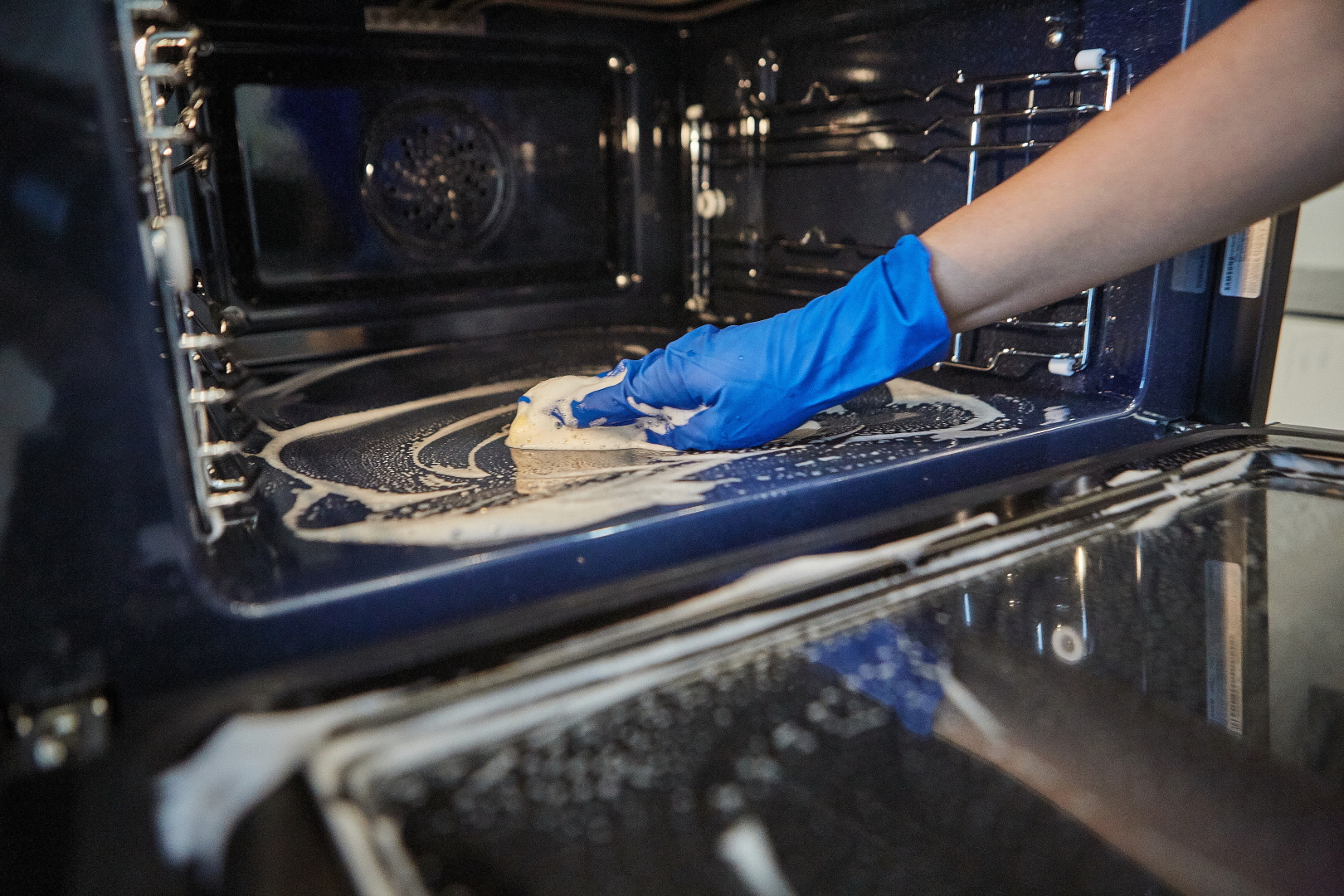What It’s Like to Work as a Cleaner in Berlin
Berlin, the bustling capital of Germany, attracts people from all over the world with its vibrant culture, thriving job market, and diverse opportunities. Among the many jobs available, working as a cleaner is a common choice for both locals and immigrants. Whether it’s cleaning residential apartments, offices, or public spaces, the cleaning industry plays a vital role in keeping Berlin running smoothly. This article explores what it’s like to work as a cleaner in Berlin, from job types and pay to the challenges and rewards of the role.
 Job Types and Opportunities
Job Types and Opportunities
In Berlin, cleaning jobs come in many forms, offering flexibility and options to suit different needs. The most common cleaning roles include:
- Residential Cleaners: Cleaning private apartments and homes, usually arranged by individuals or through platforms like Helpling.
- Office Cleaners: Employed by companies or cleaning agencies to maintain cleanliness in workspaces.
- Hotel and Hospitality Cleaners: Working in hotels and guesthouses, cleaning rooms and common areas.
- Specialized Cleaners: Handling more complex tasks like cleaning medical facilities, industrial spaces, or post-construction sites.
Cleaners in Berlin can work full-time, part-time, or as freelancers. Many cleaners choose freelance work for the flexibility, while others prefer the stability of agency employment, which often comes with contracts and benefits. Platforms like Helpling, Book a Tiger, and local job boards connect cleaners with clients, making it easier to find consistent work.
Working Conditions and Hours
One of the main advantages of working as a cleaner in Berlin is the flexibility in hours. Depending on the type of job, cleaners can work early mornings, evenings, or weekends, making it easier to fit the work around other commitments like studies or family.
The physical demands of cleaning, however, can be challenging. Cleaners often spend long hours on their feet, lifting heavy objects, scrubbing, and performing repetitive tasks. The work environment varies depending on the setting: residential cleaning is usually less demanding than cleaning large office spaces or industrial sites. Some cleaners report that working in private homes can be more personal and rewarding, while commercial cleaning offers more consistent routines.
Pay and Benefits
Earnings as a cleaner in Berlin can vary depending on the employment arrangement, location, and type of work.
Average Earnings:
- Freelance Cleaners: Typically charge between €12 and €18 per hour, depending on experience and the specific job.
- Agency-employed Cleaners: Usually earn between €10 and €15 per hour, with some agencies offering additional benefits like paid leave and health insurance.
Freelancers can potentially earn more per hour but must manage their own taxes, social security contributions, and insurance. For those employed by agencies, while the hourly rate might be slightly lower, the stability of regular work, social benefits, and easier access to clients can be appealing. Many agencies also handle administrative tasks like invoicing, making it easier for cleaners to focus solely on the work.
Challenges Faced by Cleaners
Working as a cleaner in Berlin comes with its set of challenges. For non-German speakers, language barriers can make communication with clients and employers difficult. Some clients may have high expectations or be difficult to satisfy, especially in residential cleaning, where the quality of service is closely monitored.
Financial insecurity is another concern, especially for freelancers. The availability of work can be inconsistent, and there’s the challenge of dealing with cancellations or irregular payments. Additionally, Berlin’s rising living costs can put pressure on cleaners, particularly those working in lower-wage positions.
Social stigma can also be an issue. While the job is essential and respected by many, cleaners sometimes face prejudice or are undervalued, especially in more traditional or conservative settings.
Satisfaction and Career Growth
Despite the challenges, many cleaners in Berlin find the work fulfilling. The flexibility of scheduling is a significant advantage, allowing people to balance work with personal life, studies, or other jobs. For those who enjoy organizing and seeing immediate results from their efforts, cleaning can be a satisfying job.
In terms of career growth, there are opportunities to advance. Experienced cleaners can move into supervisory roles, start their own cleaning business, or specialize in niche markets like eco-friendly cleaning or deep sanitation. Additionally, some people use cleaning jobs as a stepping stone while pursuing other goals, such as language learning or further education.
The Role of Agencies and Platforms
Agencies and online platforms play a critical role in the cleaning industry in Berlin. Platforms like Helpling and CleanWhale offer easy access to clients, allowing cleaners to manage their schedules and bookings online. However, these platforms often take a commission, reducing the overall earnings for cleaners.
offer easy access to clients, allowing cleaners to manage their schedules and bookings online. However, these platforms often take a commission, reducing the overall earnings for cleaners.
Agencies, on the other hand, provide more stability and legal protection, especially for newcomers unfamiliar with local regulations. They handle contracts, tax deductions, and insurance, making the process smoother for employees. However, agency cleaners may have less flexibility in choosing their clients and working hours compared to freelancers.
Conclusion
Working as a cleaner in Berlin offers a mix of flexibility, opportunities, and challenges. Whether working as a freelancer, through an agency, or on platforms, cleaners can find work that fits their lifestyle and goals. The job can be physically demanding and sometimes undervalued, but it offers stability and opportunities for those who are diligent and take pride in their work. As Berlin continues to grow, the demand for reliable cleaning services remains strong, making it a viable option for many seeking employment in the city.
Frequently Asked Questions (FAQs)
1. How much do cleaners in Berlin typically earn per hour?
Cleaners in Berlin typically earn between €10 and €18 per hour, depending on whether they work freelance, through agencies, or on platforms.
2. Is it better to work as a freelance cleaner or through an agency in Berlin?
Freelancers have more control over their schedules and rates, but agencies provide more job security, steady work, and handle administrative tasks like taxes and insurance.
3. What are the biggest challenges of working as a cleaner in Berlin?
Challenges include physical demands, dealing with difficult clients, language barriers, and inconsistent work availability for freelancers.
4. How easy is it to find cleaning jobs in Berlin?
With platforms like CleanWhale and numerous agencies, finding cleaning work in Berlin is relatively easy, especially for those willing to be flexible with their hours and locations.
5. Do you need to speak German to work as a cleaner in Berlin?
While it’s possible to find work without speaking German, especially in international communities, having basic language skills can significantly improve communication with clients and employers.
6. What are the working conditions like for cleaners in Berlin?
Working conditions vary depending on the job setting. Residential cleaning tends to be more flexible and personal, while commercial cleaning can be more routine but physically demanding.
7. Can you build a career in cleaning in Berlin?
Yes, experienced cleaners can move into supervisory roles, start their own business, or specialize in niche services, allowing for career advancement in the industry.















